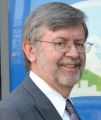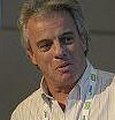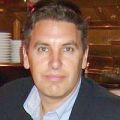BLUE ECOLOGY WORKSHOP (November 28, 2017): “The vision for a water-first approach is an idea whose time has come – and a set of videos uploaded to YouTube provide a permanent record of this watershed moment,” stated Kim Stephens, Partnership for Water Sustainability in British Columbia

“The Partnership showcases big ideas through its annual workshop series,” stated Kim Stephens. “The Blue Ecology workshop has been captured in its entirety in a set of videos that have been uploaded to YouTube for ease of access by those who are curious and/or interested to learn about what transpired at the workshop. Or simply refresh their memories. The video for each module includes the featured speaker plus the ensuing town-hall interaction with the audience.”









